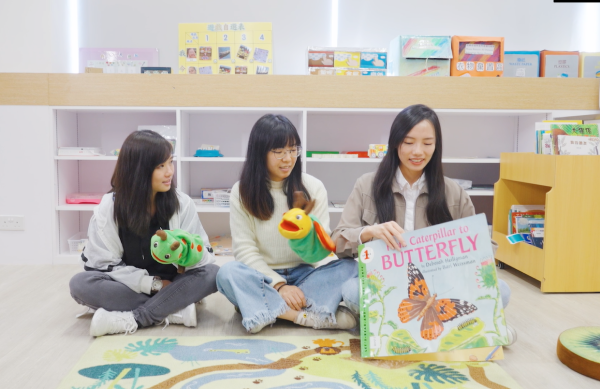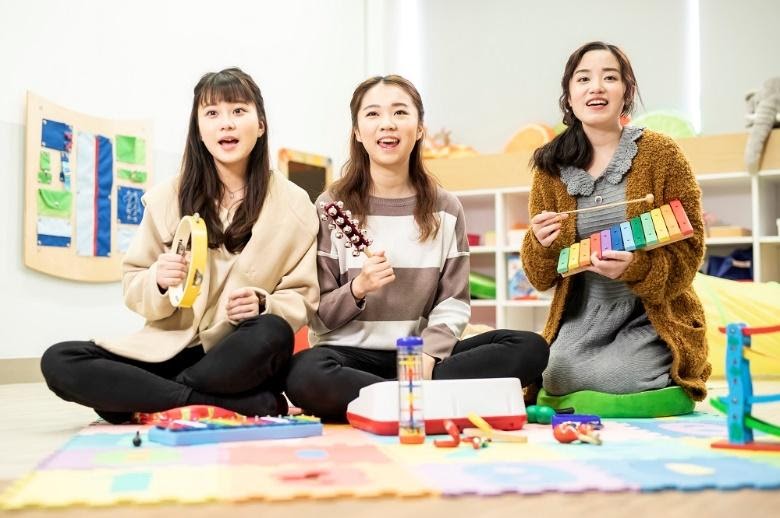As recommended by the Organisation for Economic Co-operation and Development (OECD), the global trends for early childhood education point towards comprehensive service while raising the levels of education and care. In fact, it is a worldwide development, not only in Hong Kong, to attach greater importance to early childhood education. With the implementation of the Free Quality Kindergarten Education scheme since the 2017/18 school year, new policies are carried out to improve early childhood education in multiple fronts, including lifting teacher-to-pupil ratio, and offering professional support to students with diverse needs, in particular non-Chinese speaking students and those with special needs. As demand for early childhood increases, kindergartens need to have sufficient teachers that possess the Certificate in Early Childhood Education [C(ECE)] qualifications to cope with international and local development.
What is inclusive education?
The United Nations Educational, Scientific and Cultural Organisation advocated inclusive education in 1997. Generally speaking, inclusive education refers to placing students with diverse needs into ordinary/mainstream schools for education.
Inclusive Education: Purpose and Overview
One of the aims of inclusive education is to help students/teachers/parents recognise, accept and respect individual differences. This serves as a driving force for personal growth and the development of a harmonious society. Currently, students with diverse educational needs can be placed in ordinary schools where they can learn with their peers for the full benefits of education. Schools are advised to implement the Whole School approach to inclusive education to cater for student differences effectively and enhance the effectiveness of education as a whole.


